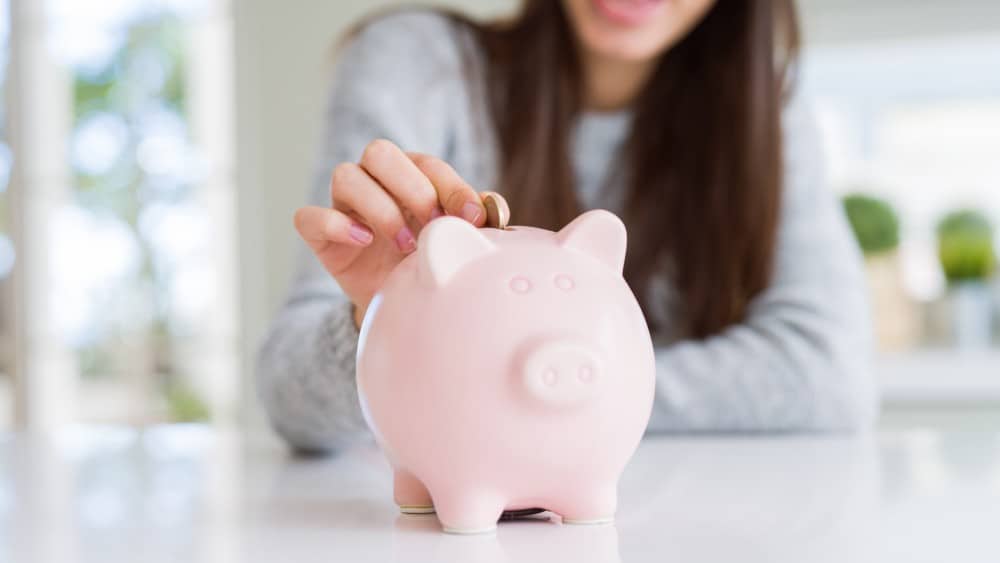The Covid-19 crisis has had a big financial impact on many Brits and it has forced us to think about whether we need an emergency fund. Recent research from Hargreaves Lansdown shows that 51% of people don’t have enough emergency savings and even 46% of retirees don’t have enough saved.
Some people have used up their savings during the pandemic. Hargreaves Lansdown found that for those without enough emergency savings, two in five households say things have got worse since the start of 2021, and only one in five say they’ve improved.
Here, I take a look at how much you should have in emergency savings and how to save more cash if you don’t have enough.
Why you need emergency savings
They are important so that you can cover expenses if you have an unexpected job loss or a big bill. Having an emergency fund will also reduce stress and make it less likely that you have to take on expensive debt if you suddenly need a lot of money.
How much cash should you have?
Most experts agree that people of working age should aim for savings worth 3-6 months’ of essential spending. It’s a good idea to save in an easy access account so that you can withdraw your cash quickly. Calculations by Hargreaves Lansdown show that this means having at least £3,000 set aside for the average single person.
If you are retired, experts suggest that you should have 1-3 years’ worth of expenses saved, which Hargreaves Lansdown calculate is at least £9,000 for the average retiree.
Work out what savings level is right for you
But 3-6 months’ worth of expenses may not be the right level for everyone because people’s circumstances are different. A single parent with a fluctuating income may need to save more than someone with a stable job who lives on their own.
Here are some steps to work out the right level of emergency savings for you:
- Work out what you’re actually spending. Some people keep a spending diary so they know where their cash is going.
- Decide which expenses you want to be able to meet if you lose your income. Some people want to cover the lot, others want to ensure they’re still comfortable, while others just choose to cover the essentials. It depends on what level of spending you might realistically manage in an emergency.
- Look at your employment situation. How secure is your income and how long is your notice period?
- Look at you family situation. Do you have a partner with a secure job or is the whole family relying on your income?
- Think about potential big bills. For example if you own a new house with a guarantee you may need to save less than if you own an old house with lots of possible big bills.
How to catch up
The good news is that it may be possible to save more than you think with a few simple tweaks. Follow these steps to catch up on your emergency savings plans:
- Work out a budget. By working out and sticking to budgeted spending, you may be able to set aside more than you think for savings.
- Look at cost savings. Is it possible to cut some bills or eat out less until you have met your savings target?
- Think about reducing your credit card bill. You may be able to transfer any credit card balance to a 0% credit card and save on interest payments.
- Get into a regular savings habit. If you set aside money for saving first then you will be less likely to miss your target.
- Break down your goals. If you want to save £5,000 then you can break it down into smaller targets with a timescale. This makes it easier to stay motivated and keep on track.







